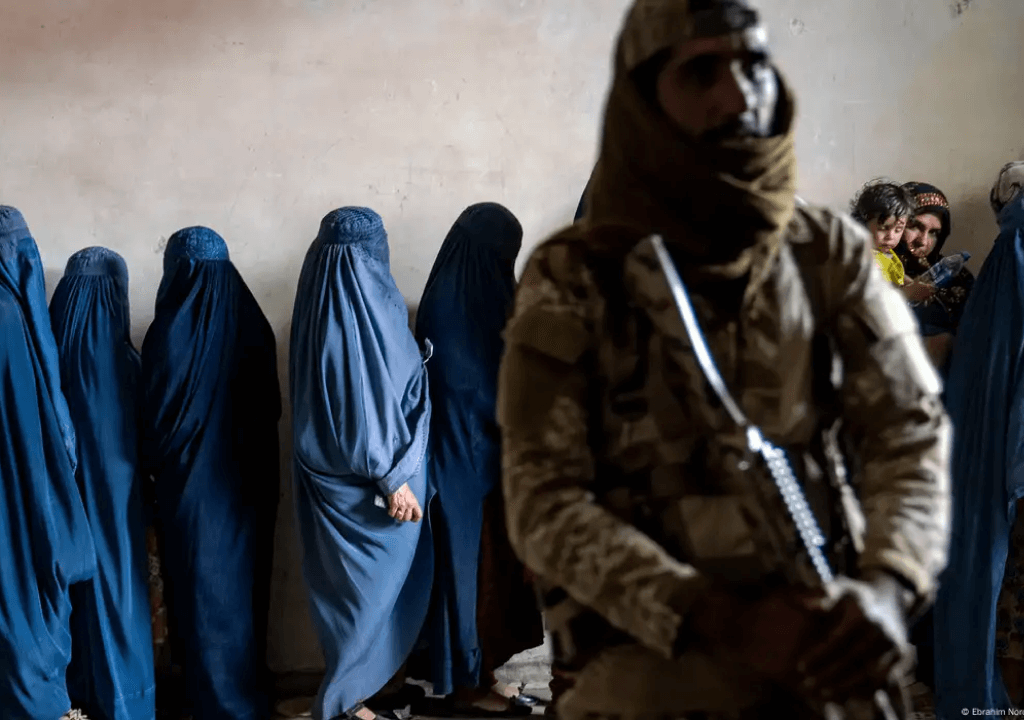“Are our rulers betraying Islam?” This question looms ominously over every government in the Islamic world, from Morocco to Indonesia. It has the power to stir mobs, fuel unrest, and, in certain cases, bring down entire regimes. Whether in prosperous monarchies or fragile republics, no administration is immune to its weight. Curiously, not even the Taliban’s rule over the Islamic Emirate of Afghanistan escapes its shadow. Afghanistan, a country founded on Islamic Sharia law and rejecting modern values, remains vulnerable to such threats. Among those threats is a call for even stricter adherence to the faith—most notably, from the Islamic State.
The Islamic State’s Khorasan wing, known as ISIS-K, remains active in Afghanistan despite losing the territory it once controlled. It retains personnel, leadership, conducts attacks, and spreads its ideology effectively, making it a formidable force in the region. However, the Taliban, now governing Afghanistan, does not maintain good relations with ISIS-K. Since seizing control in August 2021, following the U.S. withdrawal and the collapse of the Afghan National Army (ANA), the Taliban has been locked in a violent struggle against ISIS-K. Both groups compete for control of Afghanistan, a land they both view as a prized possession.
Meanwhile, ISIS-K seeks to establish the Khorasan Province as part of a broader Islamic State on Afghan soil. It aims to destabilize the Taliban regime, which it labels an “Apostate” and a “Western Puppet,” in a bid to reclaim influence and territory in Afghanistan. According to ISIS-K, they are the true flag-bearers of Islam. This rivalry sets the stage for yet another conflict in the war-torn country.
In a significant escalation of the conflict between the Taliban and ISIS, a suicide bomber killed Khalil Haqqani, the Taliban’s refugee minister, inside his ministry in Kabul yesterday. The attack, which also claimed the lives of six others, marks the Taliban’s most high-profile loss since regaining power in Afghanistan in 2021. Interior ministry sources reported that the blast occurred as Haqqani was leaving his office. According to a statement from ISIS’s “News Agency,” Amaq, one of its operatives waited outside the minister’s office and detonated explosives as Haqqani stepped out. A Taliban spokesperson confirmed that ISIS was responsible for the attack, as reported by Reuters. Given Haqqani’s prominence as a key figure in the Taliban, the movement will likely seek revenge for his killing. However, the Taliban will avoid an all-out hunt for ISIS, as this could undermine their support among some Islamist factions. Instead, they will likely act more strategically against ISIS. While ISIS strongholds are clearly marked, many are also linked to the Taliban.
ISIS-K is currently engaged in a prolonged, low-intensity conflict with the Taliban. While both groups fought against the United States, ISIS-K has primarily targeted Taliban forces. In contrast, the Taliban has made efforts, with debated effectiveness, to target ISIS-K militants through raids, protect foreign diplomats and investors from ISIS-K attacks, and downplay ISIS’s presence in Afghanistan. Despite their ongoing opposition, there have been occasional instances of cooperation between the two groups during the NATO war in Afghanistan, particularly in attacks on the minority Shia Hazara. In August 2017, the Taliban and ISIS-K jointly launched a major assault on Hazara villages in northern Afghanistan, killing dozens of men, women, and children in Sar-e Pol Province. The National Security Department of the former Afghan government repeatedly stated that the Haqqani network and the Taliban supported ISIS-K fighters. However, their relationship worsened starting in late 2022 and continued through 2023, when ISIS-K launched attacks on diplomats from China and Pakistan—two countries with warmer relations towards the Taliban. These attacks aimed to deter foreign recognition, investment, and support for the Taliban government by exposing its inability to provide security.
While the Taliban may be seen as a star in the Islamic world, having brought the United States to its knees, why are they still challenged by the Islamic State? Both share the same ideology, so the questions arise. But here comes the curse of the Islamic world. Who is Real Islam or true Islam is a heated topic and Muslim people always choose to fight to define it. And it flares up if there is no strong, tight governance. And it is not in Afghanistan. The country is still under tribal rule, the country remains entrenched in poverty, and young people are easily attracted to extremist ideologies. Thus, we must consider that the wars in Afghanistan will persist, and in this ongoing struggle, the Taliban may be seen as the “good guy” that the West supports. Maybe Python is better than Viper.








